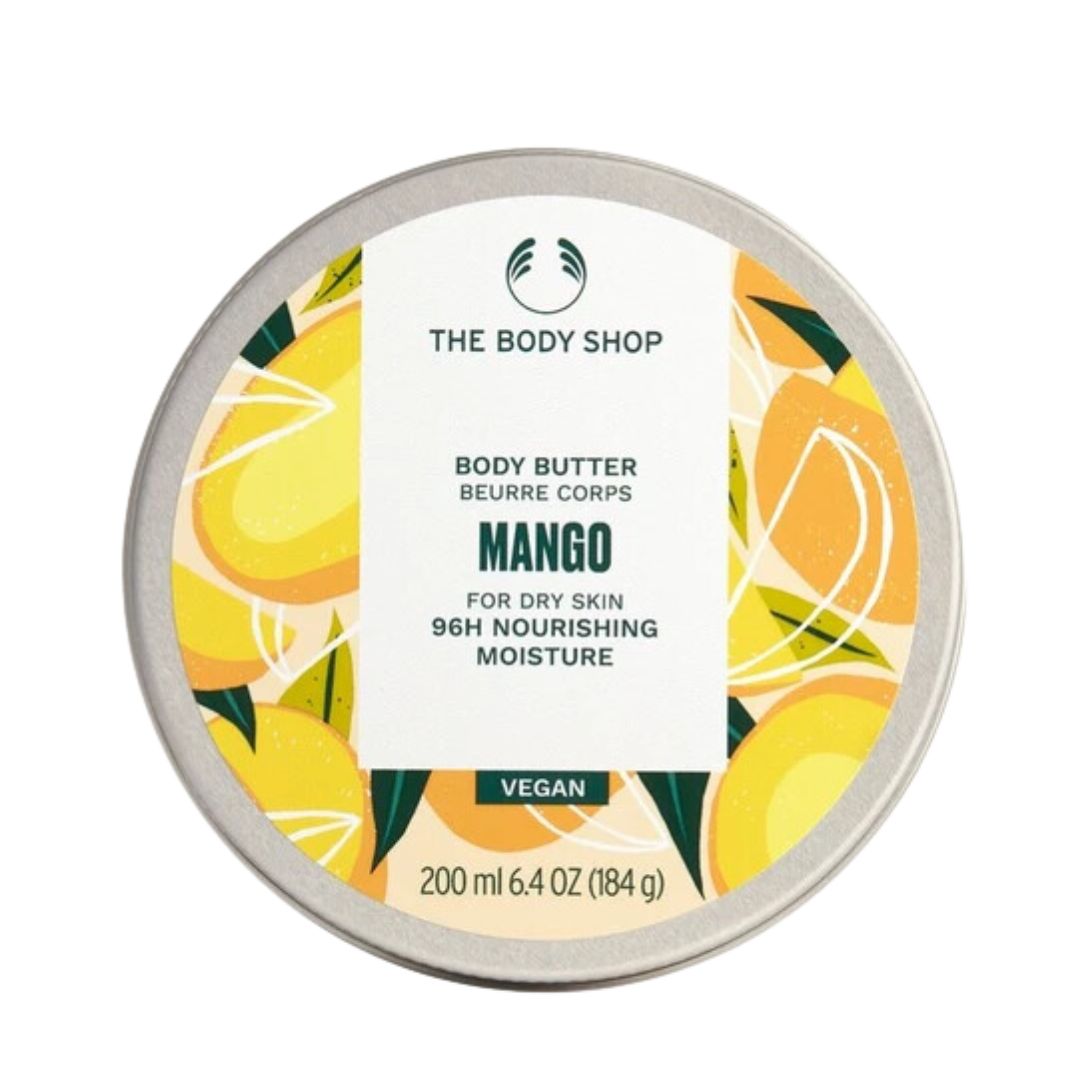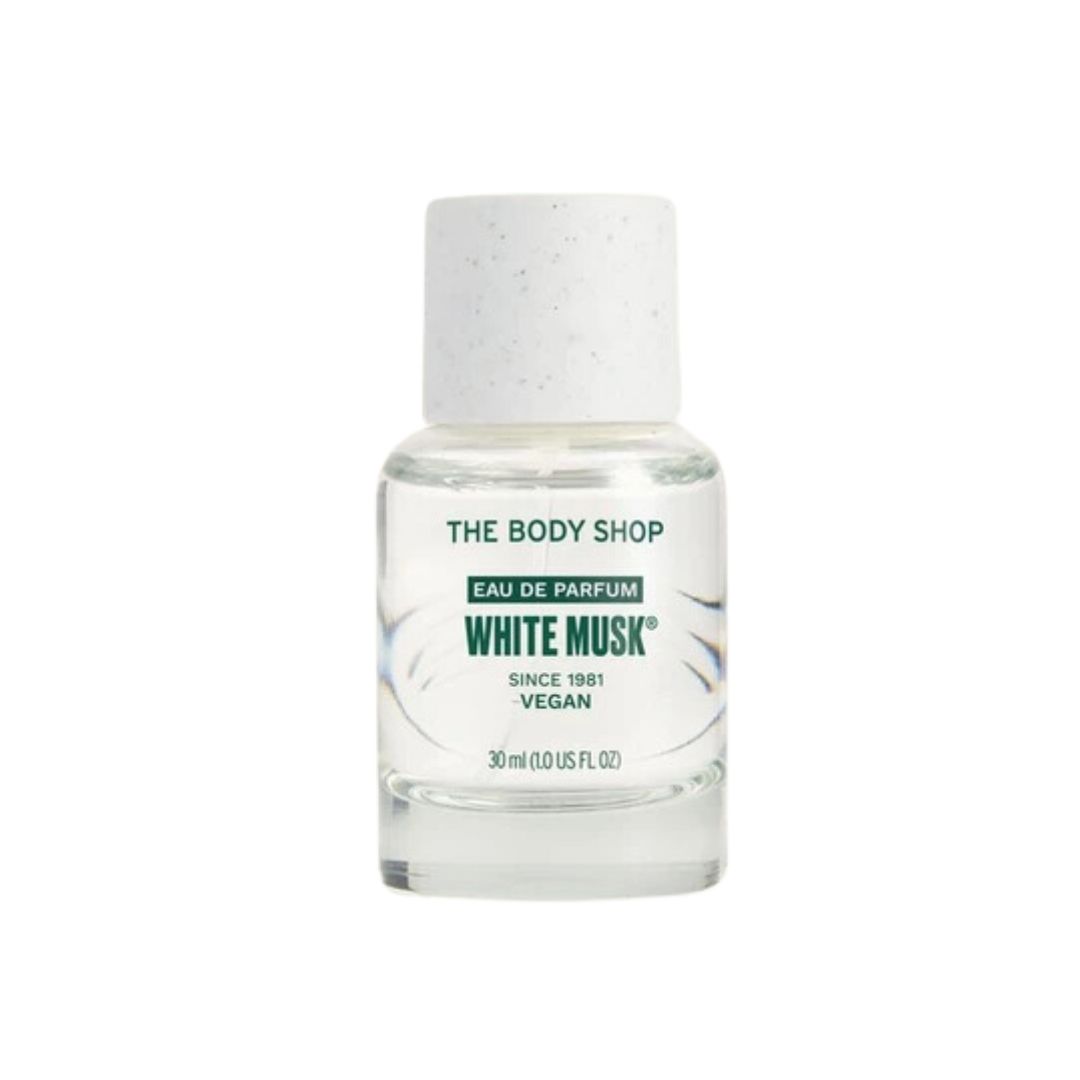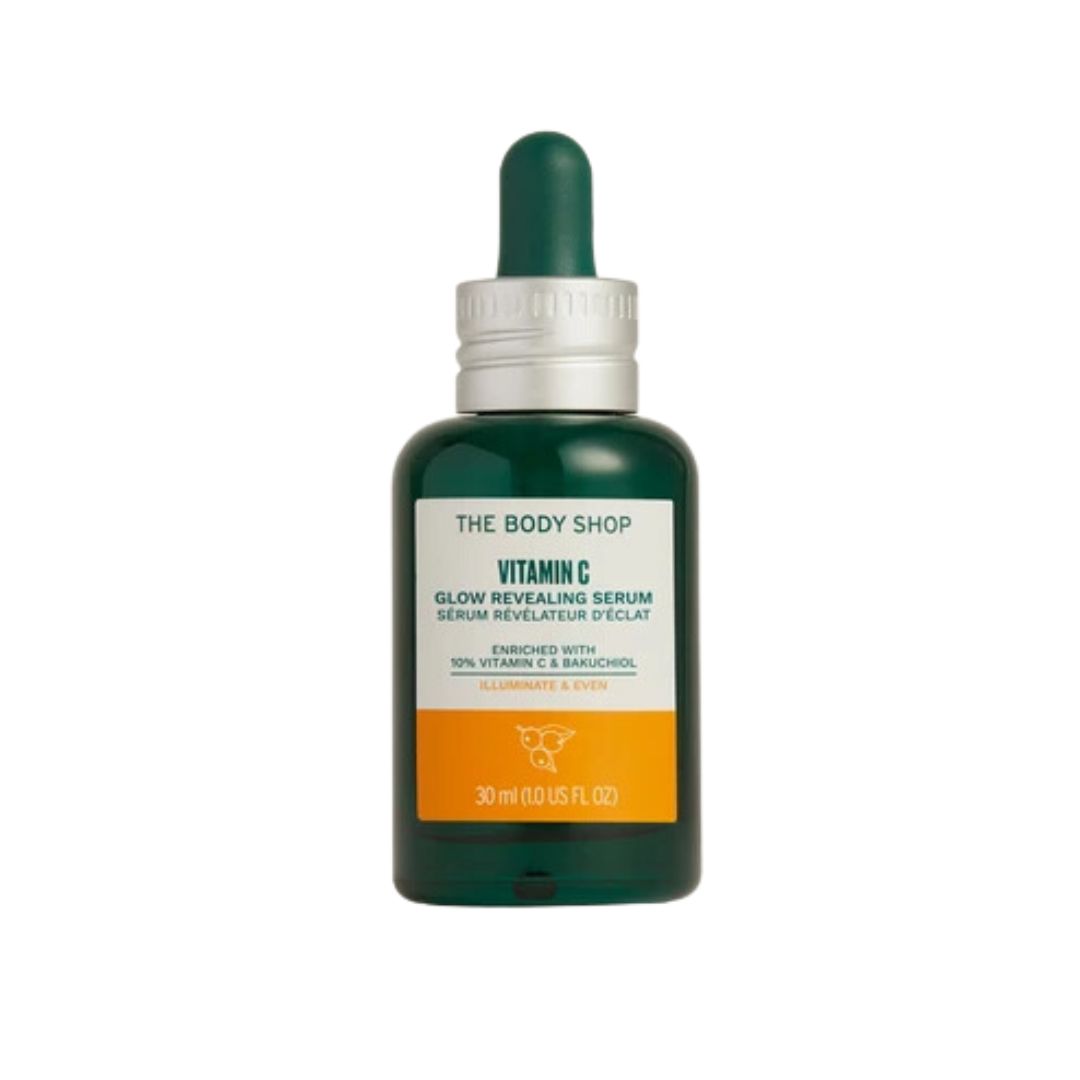The Body Shop is everything a beauty brand *should* be, and its demise would have devastating consequences
Consider this a love letter...

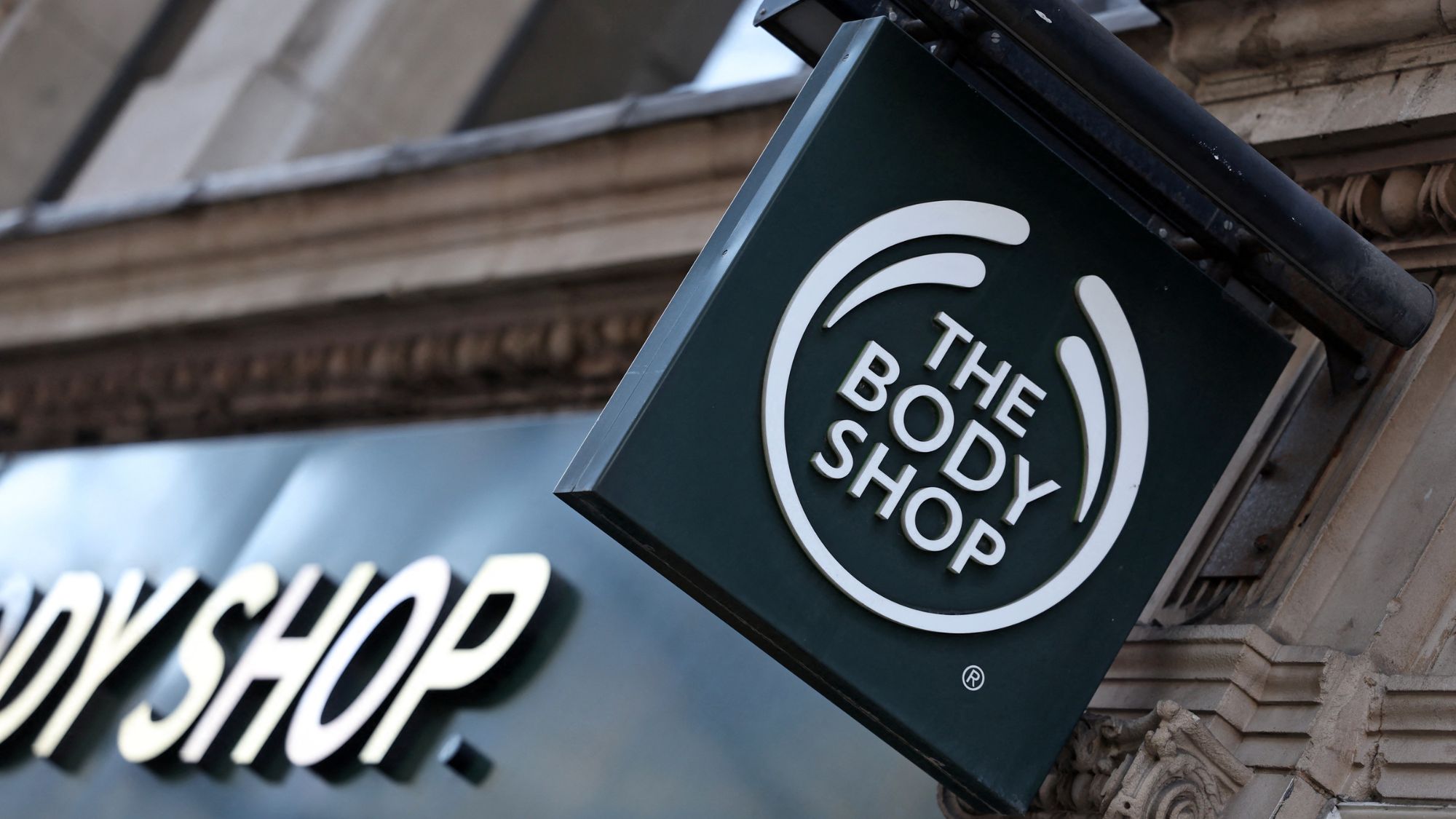
Celebrity news, beauty, fashion advice, and fascinating features, delivered straight to your inbox!
You are now subscribed
Your newsletter sign-up was successful
As I walked down Oxford Street yesterday, I felt a pang in my heart. Seeing the iconic The Body Shop store with its doors shut and a heartfelt note stuck to it, thanking its customers for their support, I actually felt a little teary. Like everybody else in the UK, I have an emotional connection with the beauty brand that shaped my formative years. But beyond that, as a beauty journalist of nearly a decade, the news that The Body Shop has entered administration and is closing nearly half of its stores has hit me like a dagger to the heart. Why? Because I am a huge fan—and not just because I adore its Camomile Cleanser Butter. The truth is, despite all of my years in this job, I still consider The Body Shop to be one of the most (if not the most) impressive businesses in beauty.
Conversations over the past couple of weeks around 'what The Body Shop has done wrong' have left me feeling depleted and, frankly, sad. Its skincare products are trustworthy, efficacious and not obscenely priced, its haircare line holds some of the most coveted products out there (particularly for those with dandruff) and its body creams continue to be the best around. The brand is also one of the very few that operates with ethics and sustainability at its core—not just leaning into buzzwords to sell more product when it suits them.
A post shared by The Body Shop Official (@thebodyshop)
A photo posted by on
If anyone were to ever ask me what The Body Shop has done 'wrong', I'd pull up every campaign, every product that lines my shelves and every initiative the brand spearheads to attest to the fact that The Body Shop, actually, hasn't done anything wrong at all. It should be one of the most profitable beauty brands in the world.
So why has it gone into administration?
This is something I have mulled over since the news first broke a couple of weeks ago. As a die-hard fan of the brand, I really wanted to collect my thoughts before I spoke on the topic—and I think I've come to a conclusion I'm willing to share.
A post shared by The Body Shop Official (@thebodyshop)
A photo posted by on
Marketeers and retail experts might say that The Body Shop hasn't leant into nostalgia enough or that its marketing doesn't appeal to the young shoppers upon which sales have historically relied. Others might say it lost a lot of support when its founder, Anita Roddick, sadly passed away and the brand was sold to conglomerates. I have listened to all of these views. And while there are small elements I agree with, I actually believe the brand has admirably stuck to its guns and shown utmost integrity in an age of fast beauty, where social media-driven beauty trends put things 'in' and 'out' of fashion faster than you can say body butter.
While The Body Shop arguably hasn't adjusted its business model to adhere to the ever-changing demands of young beauty shoppers, I actually applaud it for that. In order to continue to be a genuinely earth-friendly and ethical business, there is simply no way The Body Shop should have done the things being suggested. Can we really expect a brand who puts sustainability at the forefront of everything it does to go back to flogging animal-shaped soaps and bath pearls in a bid to feed the appetite of our own nostalgia? And, more importantly, would we actually buy any of it even if it did?!
Celebrity news, beauty, fashion advice, and fascinating features, delivered straight to your inbox!
While millennial tweens were heading down to The Body Shop every weekend to stock up on body butters and White Musk (I was one of them), the tweens of 2024 are saving up their pocket money to splurge on a £60 retinol serum. Expensive skincare is, in itself, a trend—and we're in the thick of it.
A post shared by The Body Shop Official (@thebodyshop)
A photo posted by on
So, my view is this: The Body Shop has gone into administration because being a beauty business that does good in 2024 is incredibly difficult—and if The Body Shop can't do it, I'm not sure what brand can. I use the word good here broadly. I mean good for the planet, good for people, good for its workers, good for its consumers and, critically, good product.
I would be a fool not to mention the good The Body Shop does for people and planet. Its Be Seen, Be Heard campaign sees the brand partner with the British Youth Council to ensure young people have a voice in democracy and politics. It spearheads activism for the need to provide safe spaces for the LGBTQ+ community. Just last month, The Body Shop announced it has become the first global beauty brand to achieve vegan status on all of its products. Its refill scheme saw the brand roll out refill stations in 720 of its stores in a bid to cut down plastic waste.
Importantly, I want to discuss the topic of its unparalleled work with the Community Fair Trade programme. Set up in 1987, The Body Shop's Community Fair Trade programme has set the gold standard for ethical business trading for decades, not just in beauty but across all sectors. Involving 19 producer groups in 15 countries, the programme has allowed the brand to nurture its relationships with its producers in a way that no other company can, all while investing in projects that benefit those communities and the environment as a whole. The gains of operating with this sort of programme are vast—from crystal-clear visibility on its supply chain to boosting the economic power of the communities in which it works. The Body Shop has been so successful with this that businesses and corporations all over the world use them as an example for what can and should be done when it comes to ethical business practice. If the The Body Shop ceases to exist, the communities in which they are embedded could be devastatingly affected.
A post shared by The Body Shop Official (@thebodyshop)
A photo posted by on
And, finally, the thing I think is most important when it comes to a businesses right to succeed—its products. Despite having access to every beauty product out there, I can hand on heart say The Body Shop produces some of the most impressive and efficacious beauty formulas around. My personal collection is filled with products from The Body Shop. I consider its Camomile Cleansing Butter to be the best cleansing balm ever made, I am yet to find a body moisturiser that compares to its deliciously hydrating Body Yogurts, no shampoo out there can tackle dandruff like The Body Shop Anti-Dandruff Ginger, its bestselling Edelweiss Serum is one of the best antioxidant products on the market and a bottle of the brand's Full Ylang Ylang Eau de Parfum sits permanently on the MCUK desks due to the whole team's adoration for it.
If The Body Shop were to ever go, we would all lose some of the very best products the beauty industry has ever created. Beyond that, the industry would lose its best egg. Who else out there would set the bar for ethical business practice on a mass scale? Who else would provide a safe haven for all beauty shoppers? If anything detrimental were to ever happen to The Body Shop, the beauty industry would be a worse place for it.
And it's not just me who feels this way. Below, some of team Marie Claire UK share with me their most cherished memories and products...
Jadie Troy-Pryde, News Editor
"Ahh, The Body Shop Body Butters; a staple of my teenage years, and I consistently returned to them in my twenties no matter how many fancy alternatives came my way. My dedication to the bright orange pot of mango-scented cream was eternal. I remember back in the noughties—before Westfield Stratford existed and my friends and I had to trek to Oxford Street to shop at all the high street stores at once—The Body Shop was always on the hit list after hours of parading through big Topshop and pretending we could afford things from the Selfridges beauty counters. The earliest make-up brushes I owned were gleefully purchased there with my Saturday job money, and I remember them championing sustainability and cruelty-free products before it was the norm for beauty brands."
Valeza Bakolli, Junior Shopping Editor
"The Body Shop was my first ever foray into the world of beauty. From the iconic body butters to the single-scent perfumes (hello White Musk), 14-year-old me felt the height of sophistication making her first beauty purchases at the soon-to-be-very-familiar wooden tills.
"To this day, I’m a fan of the brand’s genuinely great make-up and beautifully scented body products (I still dream about the discontinued Japanese Camellia cream)—not least of all because of the natural ingredient-rich formulas that my sensitive skin simply laps up."
Ally Head, Senior Health & Sustainability Editor
"I have such fond memories of popping into The Body Shop store with my mum and siblings as a kid. We'd slather ourselves in the samples, loving how decadent they smelled and how great they made our skin feel. Each Christmas, we'd get our favourite body butter wrapped up in our stocking, and the smell of the coconut one still takes me right back to my teenage years. There aren't many brands that I enjoyed as a child that have stayed a firm favourite through to adulthood, but The Body Shop is one of them. I still use their vitamin C products religiously to this day and take my hat off to them for the work they continue to do in the sustainability sphere, making eco-conscious shopping not just an option, but the norm."
Mischa Smith, News & Features Editor
"Growing up, The Body Shop was one of the few places I remember letting you try products before you bought them. I'd go in with my pocket money and try the different Body Butters—I knew I could only afford one, and The Body Shop didn't look down on customers for that. It made that carefully chosen product feel even more special. I eventually worked through them all before landing on the now-discontinued Papaya as a failsafe favourite."
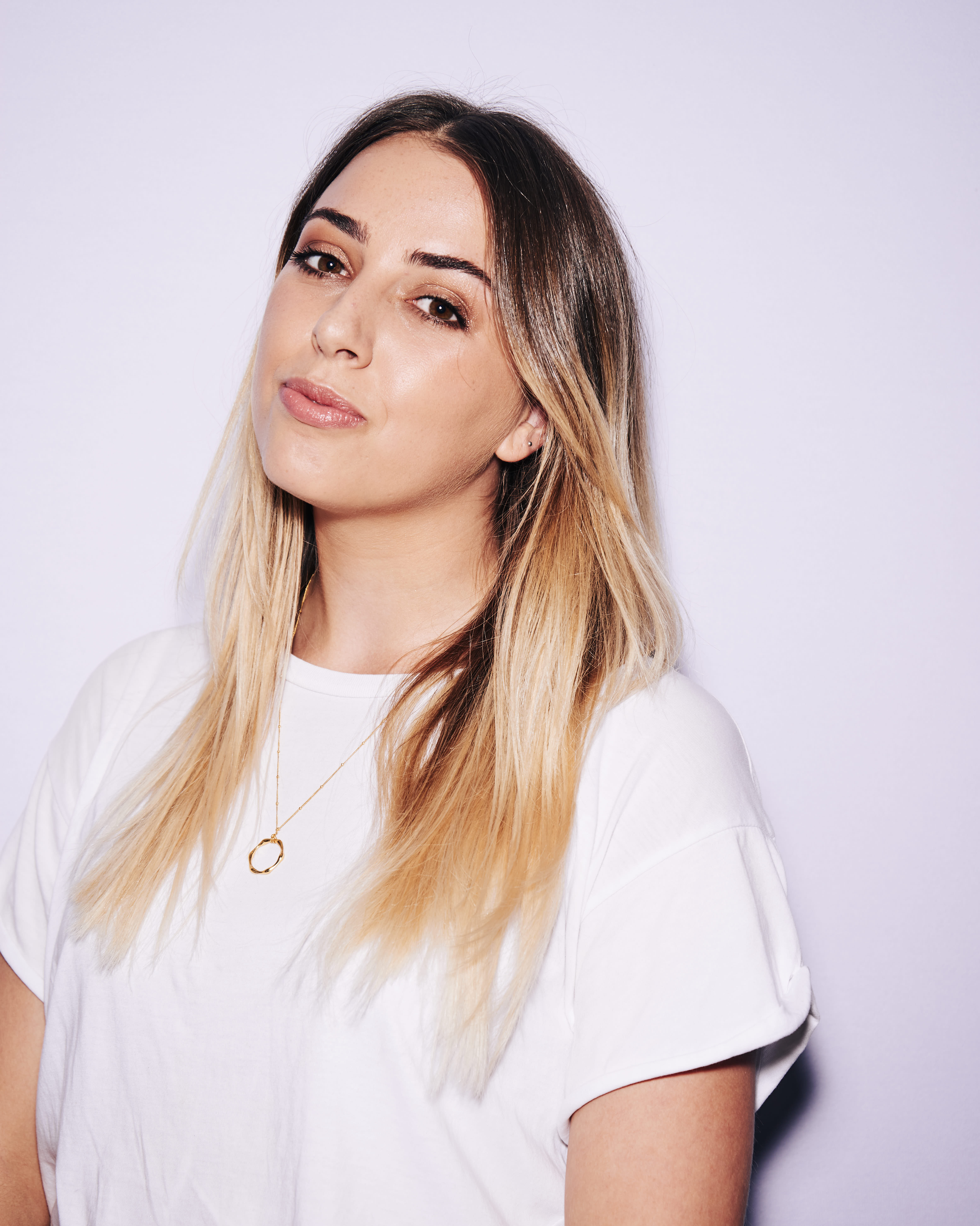
Shannon Lawlor is the Beauty Director at Who What Wear UK. With nearly a decade of experience working for some of the beauty industry’s most esteemed titles, including Marie Claire UK, Who What Wear, Glamour UK, Stylist and Refinery29, Shannon’s aim is to make the conversation around beauty as open, relatable and honest as possible. As a self-confessed lazy girl, Shannon has an affinity for hard-working perfumes, fool-proof make-up products and does-it-all skincare.
